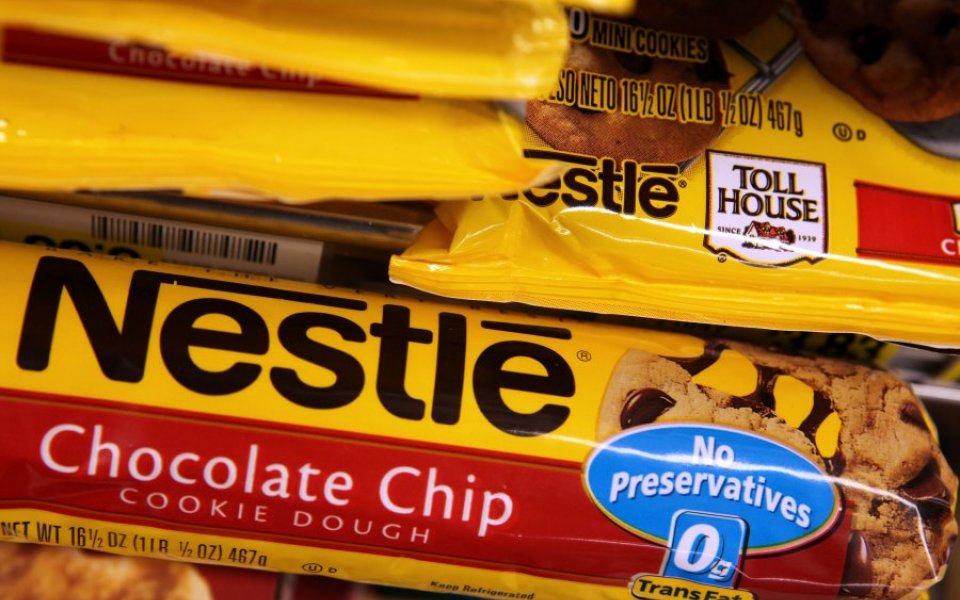Nestle’s share price falls as it warns of “even softer pricing” ahead while profits slip on currency headwinds, Maggi noodles scare and L’Oreal disposal

Nestlé's share price fell this morning after revealing profits slipped last year as currency headwinds, the L'Oreal disposal and the Maggi noodles scandal hurt its bottom line. The food and drinks business has warned 2016 will bring more challenges on pricing.
The figures
Total sales were up 4.2 per cent to CHF 88.8bn, at the lower end of Nestle's guidance, with a foreign exchange impact of minus 7.4 per cent. Acquisitions, net of divestitures, added 0.1 per cent to sales.
Nestle's organic growth was "broad-based", with sales in the Americas rising 5.8 per cent, Europe, the Middle East and North Africa up 3.5 per cent and Asia, Oceania and sub-Saharan Africa up 1.9 per cent.
Meanwhile, net profit fell from CHF 5.4bn to CHF 9.1bn, much lower than the CHF 9.9bn analysts had forecast. Nestle blamed this one "the one-off impact from the disposal in 2014 of part of the L'Oréal stake combined with the revaluation of the Galderma stake".
Trading operating profit was CHF 13.4bn, down 20 basis points on last year. This was affected by the strong Swiss franc, while the business also attempted to absorb the cost of "exceptional events like Maggi noodles in India".
The board of directors will propose a dividend of CHF 2.25 per share at the company's AGM.
Nestle's share price was down 4.2 per cent in early trading.
Why it's interesting
Nestle's strong growth in the US was offset by weaknesses in other parts of the world, not least Asia, where it was hurt by the impact of the Maggi scares.
Looking ahead to the current year, Nestle has warned that the industry will be affected by "even softer pricing", as food deflation continues to take its toll.
As a result, it expects to replicate these solid, but not strong, results for 2016.
What Nestle said
Paul Bulcke, Nestlé chief executive, said: "In 2015 we delivered profitable growth at the higher end of the industry in what is still a challenging environment. This profitable growth was on the back of consistent performances in previous years. Our organic growth of 4.2 per cent was supported by increased momentum in real internal growth combined with continued margin improvement. Additionally, we grew or maintained market share in the majority of our categories and markets.
"Our free cash flow generation was again at the top end of the food industry at 11.2 per cent of sales, as a result of our focus on margins with discipline in capital expenditure and working capital. Consequently we propose to increase the dividend as we have for the last twenty years.
"We anticipate that our trading environment in 2016 will be similar to previous years with even softer pricing. As such we expect to deliver organic growth in line with 2015, with improvements in margins and underlying earnings per share in constant currencies, and capital efficiency."
In short
Don't expect huge growth from the world's biggest food and drink company in the next 12 months.